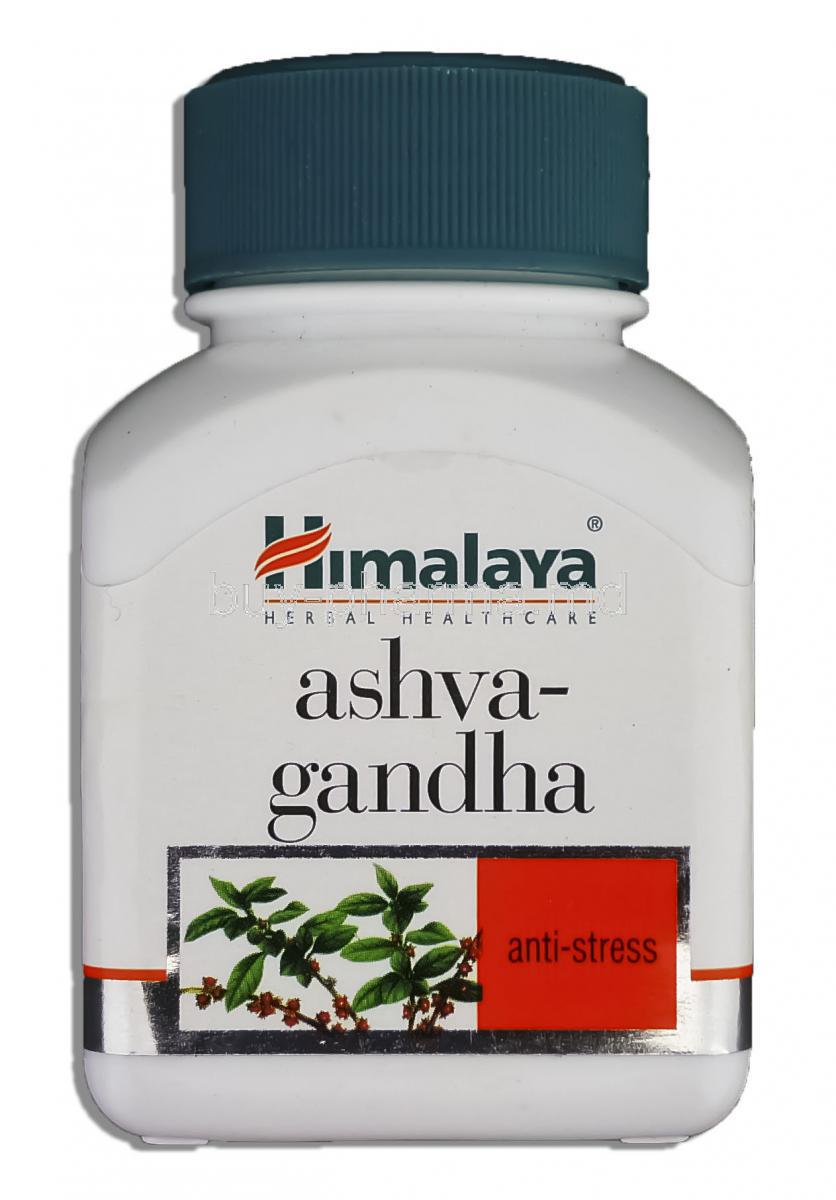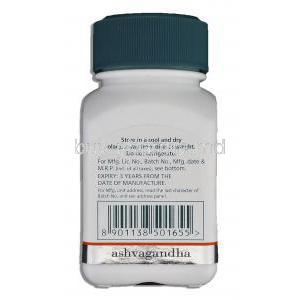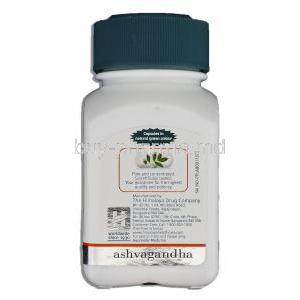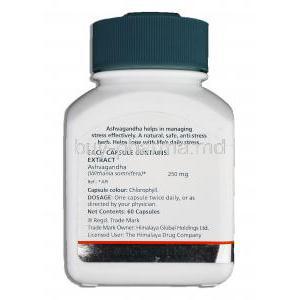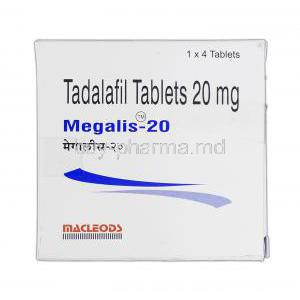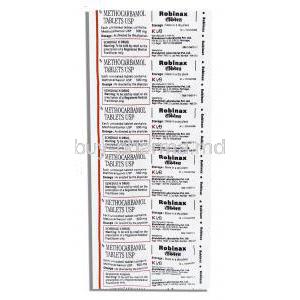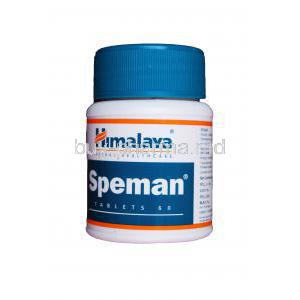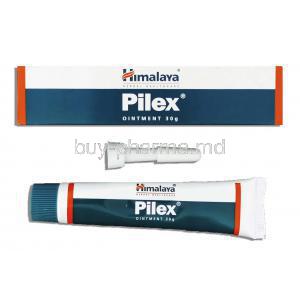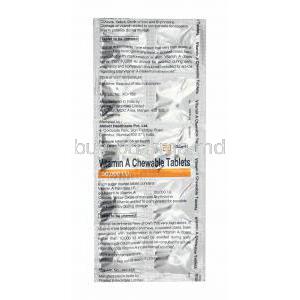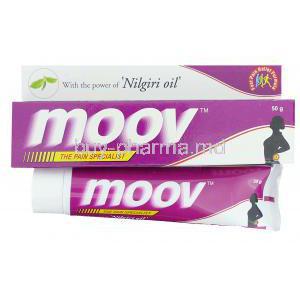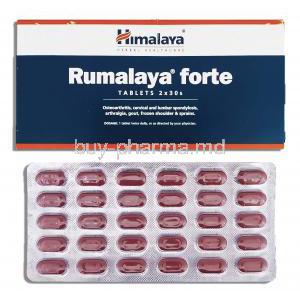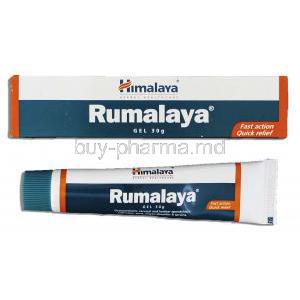1. Introduction to Himalaya Ashvagandha Anti-Stress
Himalaya Ashvagandha Anti-Stress is a premium herbal supplement crafted to address modern stress-related imbalances. At its core lies Ashvagandha (Withania somnifera), a revered adaptogen in Ayurvedic medicine, known for its ability to stabilize physiological processes and promote homeostasis during times of stress. This botanical marvel modulates the body's stress response, fostering resilience and balance.
Produced by Himalaya Wellness, a globally recognized leader in herbal healthcare, the supplement combines time-honored wisdom with contemporary pharmaceutical quality standards. Himalaya's reputation for clinical integrity and sustainable sourcing ensures confidence in both safety and efficacy. Positioned as a comprehensive anti-stress formula, it supports mental clarity, physical stamina, and emotional stability, making it a preferred choice for wellness-oriented individuals.
2. Key Benefits and Indications for Use
2.1. Clinically Recognized Uses
- Stress Reduction and Anxiety Relief: Alleviates symptoms of chronic stress, nervous tension, and mild anxiety disorders through adaptogenic support.
- Support for Adrenal Health: Helps restore adrenal function fatigued by prolonged stress and supports hormonal balance.
- Enhancement of Energy and Stamina: Improves physical endurance and combats fatigue, particularly in high-demand lifestyles or during burnout.
2.2. Cognitive and Neurological Benefits
- Improvement in Concentration and Memory: Enhances focus, mental alertness, and working memory in cognitively strained individuals.
- Neuroprotective Action in Age-Related Cognitive Decline: Slows neuronal degeneration and supports brain plasticity through its antioxidative and anti-inflammatory properties.
2.3. Hormonal and Reproductive Health
- Support for Male Fertility and Testosterone Levels: Shown in studies to improve semen quality, sperm count, and serum testosterone in subfertile males.
- Regulation of Cortisol and Thyroid Hormone Levels: Balances elevated cortisol and helps modulate thyroid hormone output in stress-induced endocrine imbalance.
2.4. Immunomodulatory and Anti-inflammatory Properties
- Enhancing Immune Resilience Under Chronic Stress: Counteracts immune suppression associated with long-term psychological and physiological stressors.
- Use in Adjunct Therapy for Inflammatory Disorders: Beneficial as a supportive agent in conditions like arthritis, fibromyalgia, and autoimmune syndromes.
2.5. Off-Label and Traditional Ayurvedic Uses
- Management of Insomnia and Fatigue: Improves sleep latency and duration through mild sedative effects, especially in stress-induced insomnia.
- Use in Recovery from Chronic Illness or Convalescence: Promotes vitality and tissue repair following infection or prolonged illness.
- Supportive Therapy in Mild Depression: Enhances mood and emotional stability by modulating neurotransmitters linked to mood regulation.
3. Composition and Active Ingredients
The primary bioactive in Himalaya Ashvagandha Anti-Stress is Withania somnifera root extract, standardized to contain a consistent level of withanolides — the key pharmacological compounds responsible for its adaptogenic action.
Each capsule contains a carefully calibrated herbal matrix with:
- Standardized Ashvagandha extract (root-based)
- Natural excipients for stabilization and absorption
- No artificial preservatives, added sugars, gluten, or synthetic binders
4. Mechanism of Action: How Himalaya Ashvagandha Works
Ashvagandha acts primarily through modulation of the hypothalamic-pituitary-adrenal (HPA) axis, a central stress-regulating system in the human body. It fine-tunes the release of stress hormones such as cortisol and adrenaline, helping the body adapt to external and internal stressors.
The herb also exhibits:
- Antioxidant effects that protect neurons from oxidative damage
- GABA-mimetic activity, producing calming effects similar to mild sedatives
- Serotonin pathway regulation, contributing to mood enhancement and sleep quality
5. Recommended Dosage and Administration
5.1. Standard Adult Dosage Guidelines
The typical recommended dosage for adults is 1–2 capsules twice daily, preferably after meals. Consistency in timing helps maximize therapeutic effect, especially in stress regulation and sleep enhancement.
5.2. Dose Adjustments in Special Conditions
- Renal or Hepatic Impairment: Initiate at a lower dose and monitor for tolerance.
- Sensitive Individuals: Begin with one capsule daily and titrate upward gradually.
6. Storage and Handling Instructions
- Store in a cool, dry place, ideally below 30°C
- Keep away from direct sunlight and moisture
- Ensure cap is tightly closed after each use to preserve efficacy
- Do not use after expiry date printed on the bottle
7. Common and Serious Side Effects
7.1. Frequently Reported Side Effects
- Mild gastrointestinal discomfort such as bloating, gas, or nausea
- Drowsiness, especially when combined with other CNS depressants
7.2. Rare and Serious Adverse Reactions
- Allergic reactions including skin rashes or itching
- Altered thyroid hormone levels with prolonged high-dose use
8. Drug, Food, and Herbal Interactions
- CNS depressants: May potentiate sedative effects of benzodiazepines or antihistamines
- Thyroid medications: Can interfere with thyroid hormone regulation
- Alcohol and stimulants: Concurrent use is not advised due to unpredictable effects on the nervous system
9. Warnings and Important Safety Precautions
- This product is not intended to replace prescribed anxiolytics or antidepressants
- Should be used cautiously in individuals with autoimmune disorders or endocrine abnormalities
- Not recommended during acute infections unless advised by a physician
10. Contraindications: When Not to Use Ashvagandha
- Known allergy or hypersensitivity to Withania somnifera or related plants
- Pregnant women, unless under strict medical supervision
- Patients with active peptic ulcers or hyperthyroidism due to possible aggravation of symptoms
11. Guidelines for Careful Administration
11.1. Use in Patients with Comorbidities
Patients with underlying health conditions require individualized evaluation before initiating Himalaya Ashvagandha Anti-Stress supplementation.
- Cardiovascular Conditions and Arrhythmia: Due to its potential influence on blood pressure and heart rate, caution is warranted in individuals with pre-existing cardiovascular disorders. Episodes of bradycardia or hypotension may be exacerbated, particularly when used alongside antihypertensive medications or beta-blockers.
- Mental Health Disorders Requiring Medication: Ashvagandha may interact with psychotropic agents such as SSRIs, benzodiazepines, or mood stabilizers. Patients with anxiety, bipolar disorder, or depression should be closely supervised to prevent pharmacodynamic interference or additive sedative effects.
11.2. Recommended Monitoring Parameters
Long-term use of Ashvagandha, particularly in higher doses, necessitates routine clinical monitoring to ensure safety and efficacy.
- Periodic Thyroid Function Tests: Ashvagandha has been associated with changes in thyroid hormone levels. Regular assessments of TSH, T3, and T4 are advisable, especially in patients with thyroid dysfunction or those on levothyroxine therapy.
- Evaluation of Cortisol Levels: Given its adaptogenic role in modulating cortisol, monitoring serum cortisol levels in chronic users helps evaluate adrenal activity and avoid dysregulation of the hypothalamic-pituitary-adrenal axis.
12. Special Considerations in Specific Populations
12.1. Administration in Elderly Patients
Geriatric patients often exhibit altered drug metabolism and sensitivity. As such, administration must be approached with vigilance.
- Adjustments Due to Altered Pharmacodynamics: Initiate therapy at the lowest effective dose and observe for adverse effects. Renal and hepatic clearance may be diminished in the elderly, increasing systemic exposure.
- Monitoring for Sedation or Hypotension: Older adults may be more prone to drowsiness, orthostatic hypotension, or confusion. Monitoring postural blood pressure and assessing fall risk is prudent.
12.2. Use in Pregnant and Nursing Women
Due to limited clinical safety data, the use of Ashvagandha during pregnancy and lactation should be restricted to cases where potential benefits outweigh risks.
- Limited Safety Data; Use Only Under Supervision: Animal studies have suggested possible uterotonic effects, which could pose risks during gestation. Supervised administration is essential.
- Potential Effects on Uterine Tone and Lactation: Ashvagandha may influence hormonal levels that regulate uterine activity and breast milk production. Avoidance during early pregnancy and cautious use during lactation are recommended.
12.3. Administration in Pediatric Use
Ashvagandha is not routinely recommended for pediatric populations unless under specific clinical direction.
- Not Typically Recommended for Children Under 12: Due to the absence of pediatric-specific studies and the potential for endocrine effects, routine use in young children is discouraged.
- Pediatric Dosage If Prescribed Under Professional Care: If deemed necessary by a healthcare provider, dosing should be weight-based, and closely monitored for tolerance and efficacy.
13. Overdose and Emergency Management
Though rare, excessive intake of Ashvagandha may result in undesirable symptoms requiring prompt intervention.
- Symptoms of Excessive Intake: These may include sedation, abdominal discomfort, nausea, diarrhea, or slowed reflexes. High doses over extended periods could potentially disrupt hormonal balance.
- Recommended Immediate Steps and When to Seek Medical Help: Discontinue the product immediately and assess vital signs. Seek emergency care if symptoms are severe, persistent, or accompanied by altered mental status.
- Reporting to Poison Control or Healthcare Provider: Contact a local poison control center or licensed medical professional to evaluate the necessity for detoxification, observation, or further diagnostics.
14. Handling and Disposal Precautions
- Keeping Out of Reach of Children: As with all supplements and pharmaceuticals, ensure the container is stored securely away from pediatric access to prevent accidental ingestion.
- Safe Disposal of Expired or Unused Product: Do not flush unused capsules or throw them into household waste. Follow local regulations for disposal or return to a pharmacy take-back program.
- Avoiding Contamination During Handling and Storage: Use clean, dry hands when handling the capsules, and ensure the cap is sealed tightly to prevent moisture ingress or microbial contamination.

